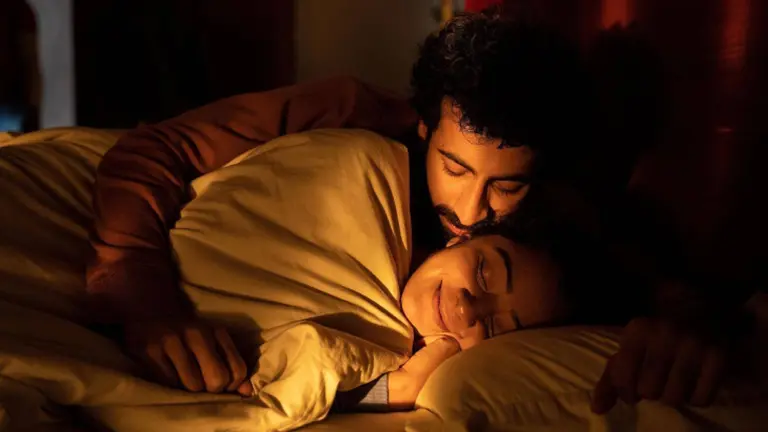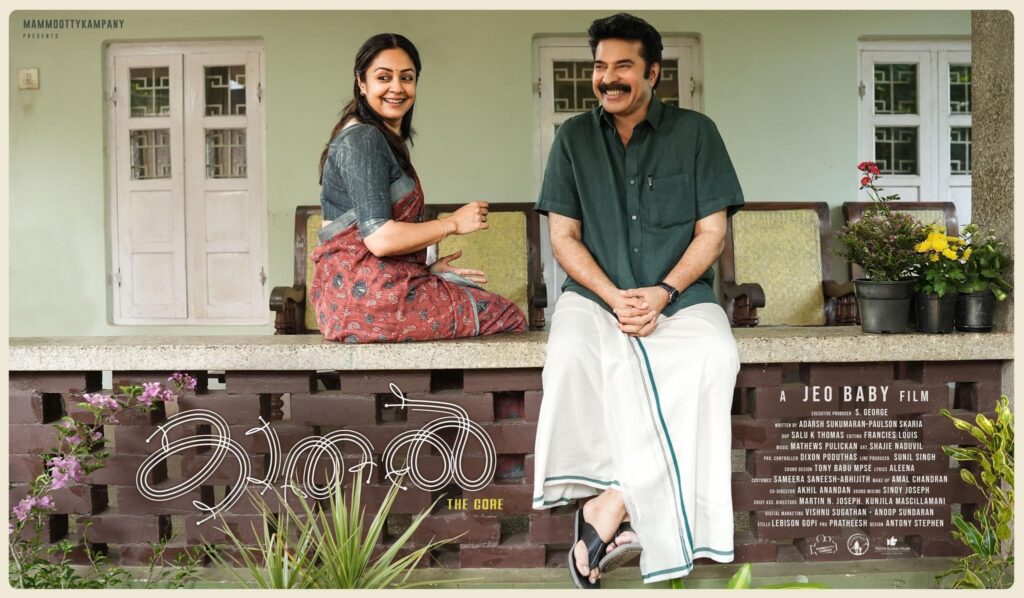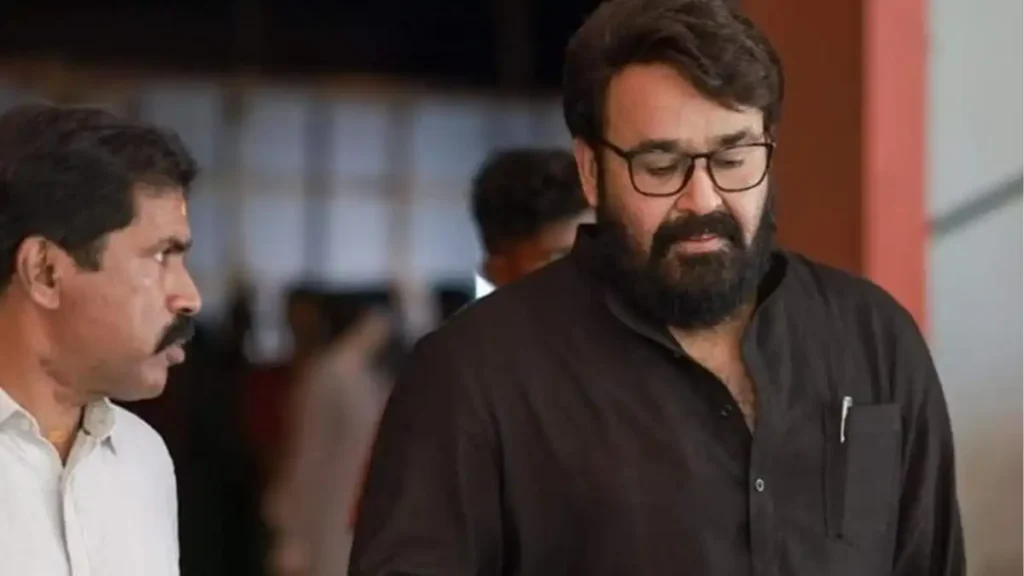What is distinctive and commendable about Prasanna Vithanage’s “Paradise” is its unique interpretation of the Ramayana. Vithanage uses his leading lady to achieve this, advocating for women’s agency in a direct yet courteous manner. The film’s female perspective is reinforced by the current political climate in Sri Lanka, highlighting the oppression faced by the people under those in power. With a strong political and metaphorical layer, “Paradise” lingers in your mind for all the right reasons.
Keshav and Amritha, two Malayalis, are visiting Sri Lanka during its worst economic crisis. There’s a severe shortage of money and gas, while tourists, who bring money, occupy a privileged position. “Paradise” follows the series of events that unfold in Amritha and Keshav’s lives after they are robbed at their lodging. The film operates on two parallel layers: the relationship dynamic between Keshav and Amritha, which is tested after five years by a significant event, and the pronounced class divide in Sri Lanka, exacerbated by the couple’s situation. The film excels creatively where these two layers merge seamlessly. Keshav’s harsh insensitivity towards a group of people transitions into a space where Amritha can no longer contain her anger against that insensitivity. This evolution occurs gradually, as she is the only one paying attention to the unfolding events around her.
Mani Rathnam’s “Raavanan” reinterpreted the Ramayana from Ravana’s perspective. In “Paradise,” you witness a similar reinterpretation where Rama is not necessarily the hero. Unlike Rathnam’s version, there is no Raavana in Vithanage’s narrative. Instead, Vithanage’s Sita feels more like a reimagined character than an adaptation. This interpretation doesn’t demonize Marich, and only Sita shows empathy towards all living beings. At one point, Keshav even asks Amritha how she can remain so happy in a trapped situation. The film’s political layer exposes the inequality and injustice in Sri Lanka. Rajeev Ravi’s cinematography rarely opts for picturesque views of Lanka, as the tense atmosphere required tighter frames.
Roshan Mathew, as Keshav, portrays a character indifferent to the country’s political turmoil and determined to misuse his influence to recover his belongings, with believable restraint and lack of remorse. On paper, Amritha’s empathy towards everyone might seem unrealistic, but Darshana Rajendran brings life and authenticity to this crucial character. Shyam Fernando as Mr. Andrew, Mahendra Perera as Sergeant Bandara, and other supporting actors also deliver memorable performances.
Prasanna Vithanage’s “Paradise” is a remarkable blend of metaphorical storytelling, political representation, and subtle character study. By the film’s end, viewers are left with a lingering sense of pain and curiosity about the characters who have suppressed their true emotions throughout the story. Supported by compelling performances, “Paradise” successfully establishes a profound connection with its audience.



